Introduction
What is a segmentectomy?
A segmentectomy (resection of part of the lung) is usually effective in treating early stage lung cancer. This procedure is less invasive than a lobectomy and involves removing only the tumor with a small amount of healthy tissue around it.
In some cases, this procedure can be used to treat non-cancerous conditions, and is most often offered for early-stage (and therefore small) non-small cell lung cancer (NSCLC).
Similar procedures
Segmentectomy is different from other types of lung cancer surgery, including:
- Pneumonectomy: removal of the entire lung;
- Lobectomy: removal of a lobe of the lung;
- Wedge resection: only the diseased portion is removed. This procedure is not sufficient for a primary lung tumor but can be done for metastases or non-tumor pathologies (bulla, emphysema...).
Your surgeon will suggest a segmentectomy rather than another procedure for several reasons:
- Faster recovery;
- More preserved lung function;
- Depending on your health status.
When possible, this procedure is usually performed and has the same success rate as lobectomy.
What To Expect
Day of surgery: what to expect?
The segmentectomy is performed in the operating room under general anesthesia. The anesthesiologist may offer you local analgesia in addition to the general anesthesia to prevent and reduce post-operative pain.
During your general anesthesia, you will be placed under respiratory assistance through a tube in the throat (intubation). You will be given intravenous antibiotics before or during the procedure. The anesthesiologist will monitor all of your vital signs throughout the procedure.
A lung resection can be performed in two ways:
Thoracotomy (open surgery)
A portion of a lobe of the lungs is removed through a long incision in the side of the chest (thoracotomy). This involves moving the ribs apart to gain access to the lungs. This type of surgery is usually done when the tumor is difficult to access.
Video-assisted thoracoscopic surgery (VATS)
A portion of a lobe of the lung is removed through a few small incisions in the chest using instruments and a camera. A VATS segmentectomy may be considered if the tumor is easily accessible to the surgeon.
VATS is a less invasive procedure than thoracotomy, but it is not always possible to use this procedure if the tumor is in a difficult to reach location.
How to Prepare
How to Prepare ?
When your surgeon explains in detail how your surgery will be performed and what the possible complications are, ask any questions you may have about the procedure, preparation and recovery.
You will need to undergo a series of pre-operative assessments prior to surgery. These may include:
- A careful history (medical and surgical history, allergies, etc.);
- A physical examination;
- Blood tests;
- Functional respiratory examinations (EFR);
- Imaging examinations to evaluate the exact location of the tumor and to verify the absence of metastases;
- Respiratory kinesitherapy sessions may be prescribed if necessary;
- Depending on your state of health, your anesthesiologist may also refer you to a cardiologist.
Important: Your anesthesiologist will carefully review all of your medications during your preoperative visit and may recommend that you stop some of them before the procedure.
It is essential to inform your anesthesiologist of all your medications. Some of them may increase the bleeding time and must be stopped well before the operation.
Smoking cessation
If you smoke, your doctor will recommend that you quit as soon as possible. Quitting smoking before surgery reduces the risk of complications, improves healing and increases the chances of a successful surgery. Reducing surgical risks is just one of the benefits of quitting smoking after a cancer diagnosis.
Potential Risks
Potential Risks
Segmentectomy can be very effective for early stage lung cancer, but when tumors are larger than 3 cm or if they are located in a section of the lung that cannot be easily removed, this type of surgery is not considered the best option.
In this case, your surgeon may recommend another type of lung surgery or non-surgical treatments such as chemotherapy or radiation therapy.
Serious complications are fairly rare after a segmentectomy. When they do occur, they may include:
- A pleural breach, requiring a chest tube to be left in place for several days. This is the most frequent complication;
- Infections, such as pneumonia or scar infection;
- Bleeding: the search for and correction of anemia before the operation are essential to limit the consequences of a possible bleeding;
- Heart problems: fortunately rare. If there is any doubt, your doctor will suggest a cardiological check-up before the operation to limit this risk as much as possible.
After the intervention
After the intervention
After the intervention, you will stay in the recovery room for about two hours. You will then be monitored in the intensive care unit for one or two days before returning to a regular hospital room.
A kinesiologist will work with you, asking you to take deep breaths and breathe into an incentive spirometer. Nurses will help you get up and move around as soon as you are able.
Unless there are complications, most people stay in the hospital for 3 to 5 days.
When you are discharged, your surgeon will give you specific instructions for follow-up and a prescription for medication to relieve any pain when you return home.
You may be prescribed pulmonary rehabilitation after lung cancer surgery.

